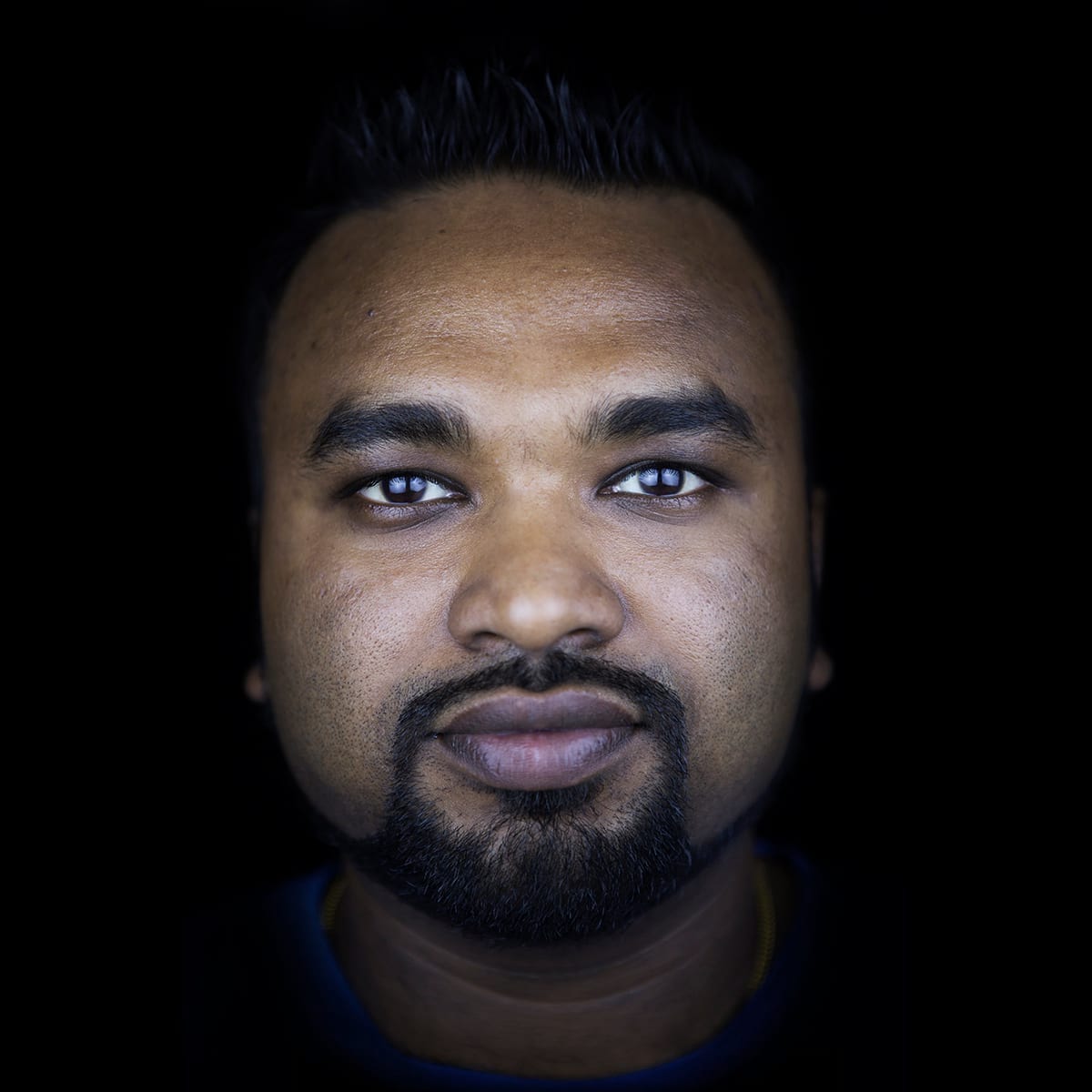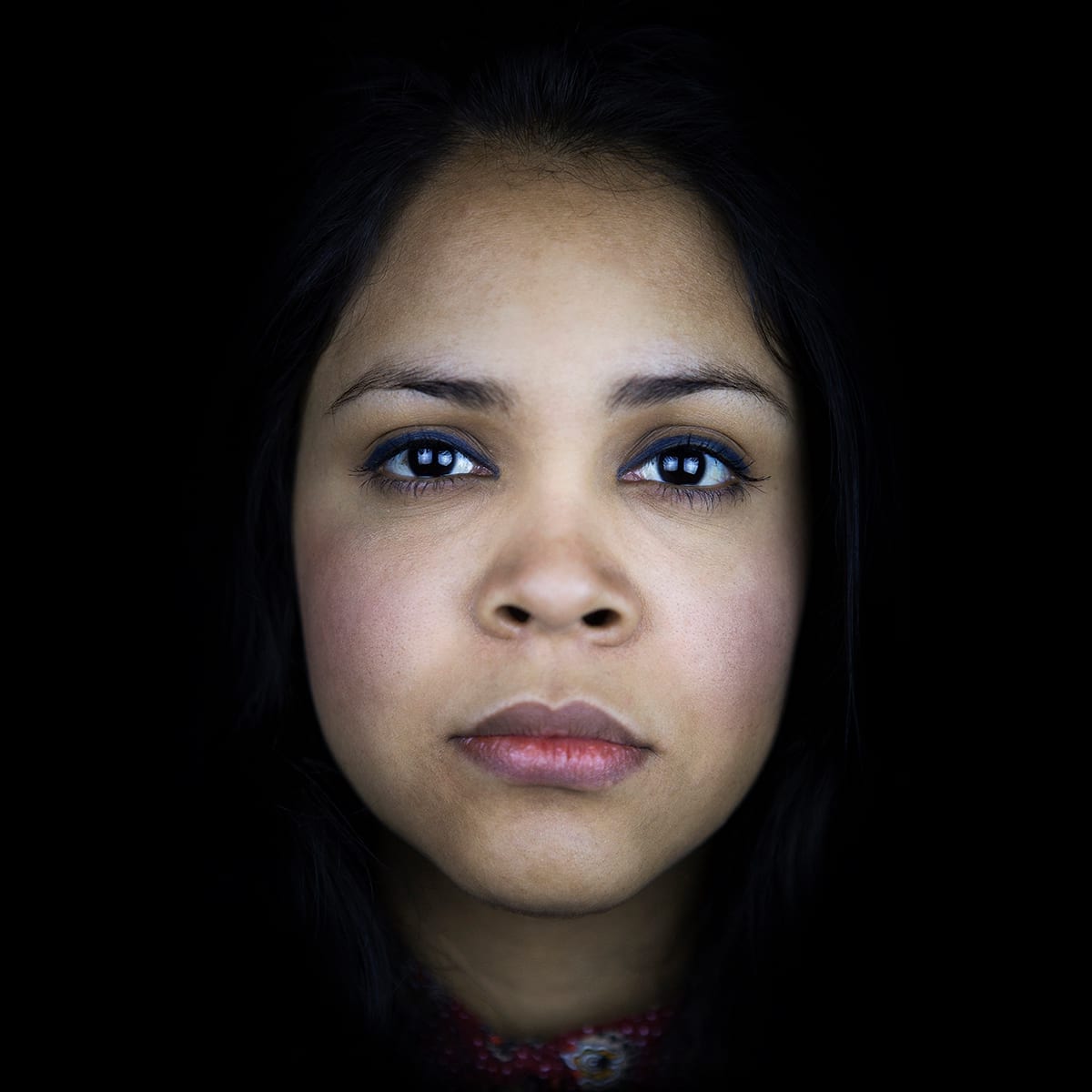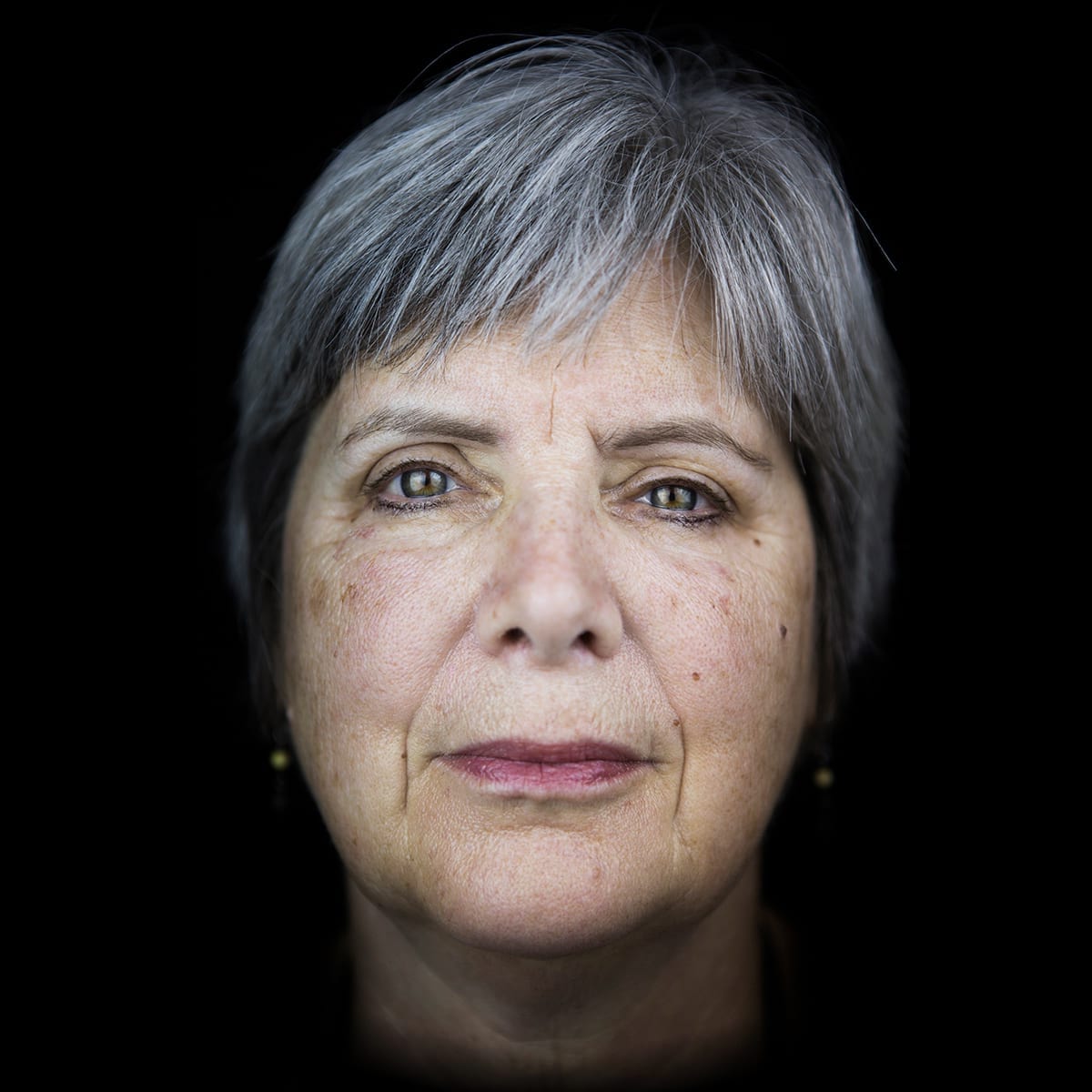
Linda Hickman
Born March 19, 1950 – Sacramento, California
Linda grew up in Sacramento, California without any direct connection to Irish music, though her father’s side of the family had its roots in the old country. Her parents both came from small farming communities in Iowa – Swedish and Irish. It was her mother, who had trained to be an opera singer, who would occasionally break into a folk song and who had all the children singing along from an early age. Linda’s instrument, at the time, was classical flute, but she always felt an urge inside to be playing Irish material. Initially, she only heard the standard popular repertoire, but she was touched, “It was always the songs, everything was about the songs…[and later in her education] there’s different styles of singing…and then the really old styles…”
When she grew up and moved to Washington, D.C., she quickly got involved in Irish dancing with a woman named Peggy O’Neill who introduced her to an enormous amount of Irish material via old recordings. “So I would go stay at her house, and she played all the 78’s…I had no idea what I was listening to, you know. Cause, as you know, music has a certain feel, certain phrasing, ornamentation that makes them unique. So you can hear it all, but you can’t tell what it is, unless you’re around, I think, around the tradition. I like the oral passing on of it.”
Linda was simultaneously playing bass in a blue grass band when she met some “boys from the Bronx,” Terry and Jessie Winch, who had grown up singing and playing the type of Irish music she had been yearning for. She was immediately drawn and the three and some others formed a band (later to be quite well-known) called Celtic Thunder, which was, at the time, primarily a vocal group. Shortly after, Linda had an “aha!” moment when, at a local bar called The Dubliner, she had the opportunity to hear an established group from New York City called The Irish Tradition.
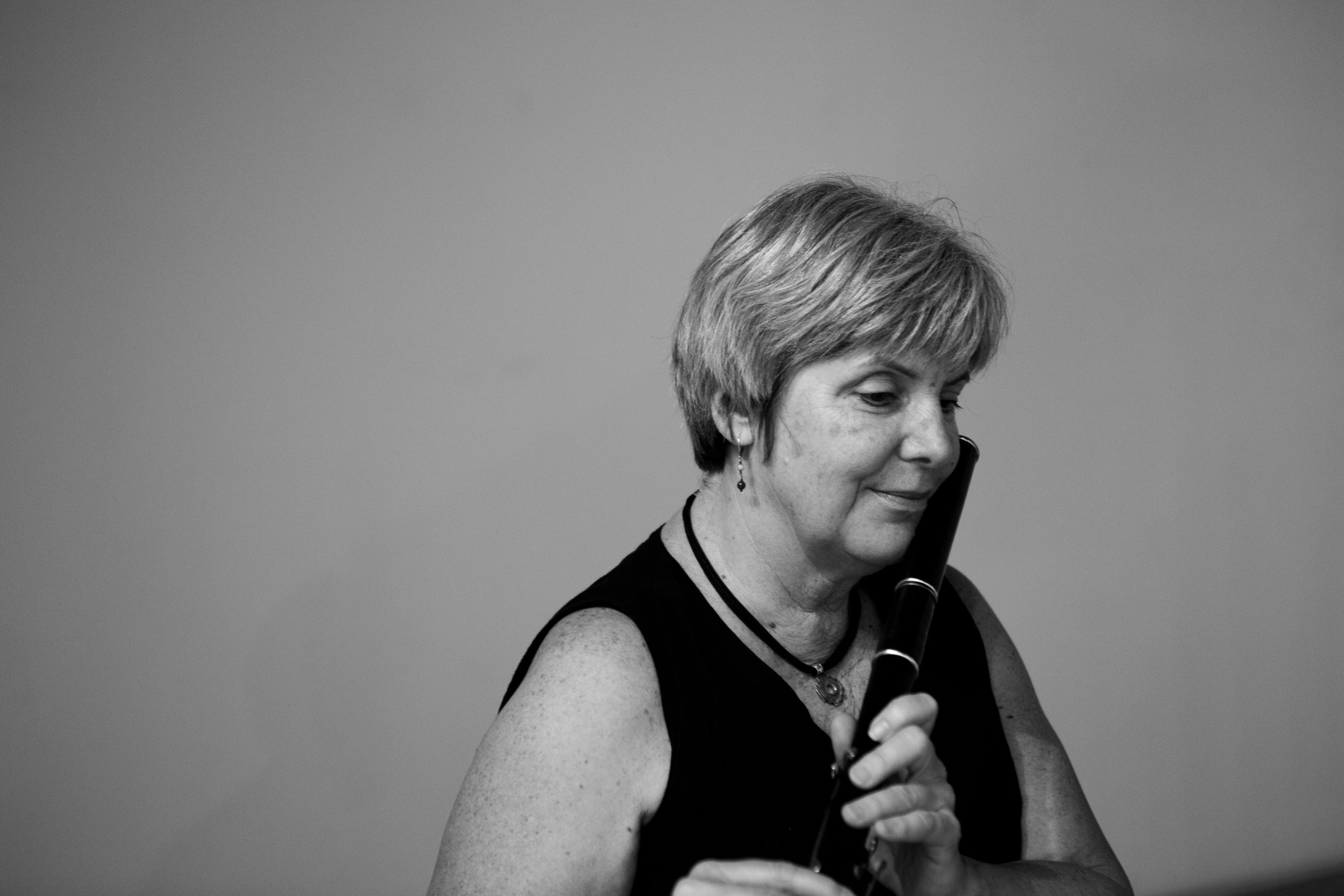
I was just so fortunate to have so many great people that taught me, and most of these people passed away, but you want to teach people to play like that…
From that point on, Celtic Thunder moved more toward an instrumental repertoire and Linda was introduced to some of the finest traditional Irish musicians on the east coast: Billy McComiskey, an accordionist who would hum her tunes which she repeated on her flute and Tony DeMarco, a “great, really very famous Irish fiddle player” who convinced her to move to New York City “if you wanna play Irish music!” There she met Jack Coen and Mike Rafferty from whom she learned to play traditional Irish flute. Later, some musicians from Ireland heard her play and told her she must move to Ireland, which she did for two years and became immersed in the East Galway/Clare style of playing.
Linda has a “preference” for that style. “It’s very relaxed, you know and it has this fluidness to it, and it doesn’t have to be fast. Can’t decide if that’s an old age thing because Jack used to always tell me that the young kids play too fast…I love the phrasing, I love the, I don’t know, the accents and stuff, you know, in it, and it’s so, it’s just more fluid.” According to Linda, the East Galway/Clare tunes are characterized by “a lot of lift” (bouncing rhythm on certain beats). Musicians drop notes in unique places (often to breath) and avoid ornamentation such as rolls in places that other styles would fill. “When I was young, everything was about putting in as many rolls as you could cram into a tune, but that isn’t really what the tune is about, you know? And that’s why it’s so helpful to learn, like learning from Jack and this man Mike Rafferty; they were real instrumental in my flute life…It doesn’t have to be so fast. It does for the dance, but it doesn’t necessarily need to be played that fast all the time. I think it takes away from the life, and the lift is what’s great I think.”
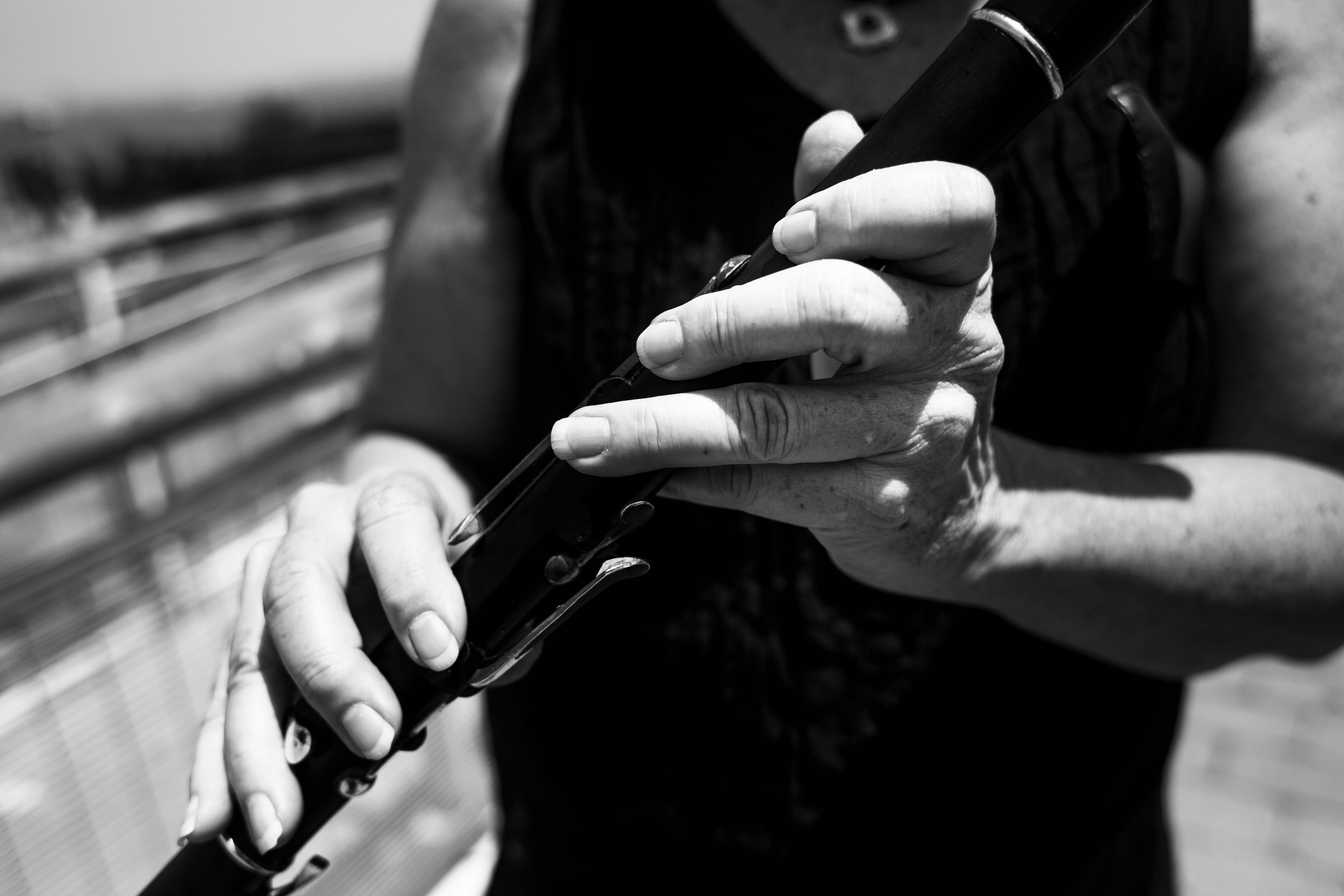
She plays a traditional Irish wooden flute with an eight key simple system. It’s a less complex design than the modern Boehm flute used by classical players and which “never caught on in Ireland,” where the need for a fully chromatic instrument was small. She speaks of her instrument as she would of a living being, “So this flute is very happy playing in the Key of G or D or E minor or A minor. Some C, but when you get into flat keys, it’s really uncomfortable. So that dictated, I think, what happened with the music too.”
For Linda, the tradition she loves is very much connected to a sense of community. She relates how a recent experience on Long Island is emblematic of that feeling. “There’s a session out on Long Island, and I just went to go, not as a gig or being paid or anything; I just went out…There were musicians there and it was so…the tempos were great; the group interaction was wonderful; there wasn’t any competition, and the feel of the music was just really great, and I felt like I could stay there forever. And you could just play all the time because it was so pretty, and …had such a nice feel to it, you know?”
Linda clearly is both grateful to all those who taught her and cognizant of a responsibility to pass the tradition on intact. “I was just so fortunate to have so many great people that taught me, and most of these people passed away, but you want to teach people to play like that…so for me, as a person that inherited all this great music from all these wonderful people and had these great experiences with all these old guys, and I used to sit at the table with Jack and we didn’t even play, and he would tell me stories about all of his, where he got his music, and then when I play, I think of that, you know? So I’m proud of that. I’m lucky.”
Songs interpreted by Linda:
“From Galway to Dublin,” “Lucy Farr’s Barndance,” “Sean South of Garryowen,” “Astor Macree,” “Charlie Mulvihill’s Reel,” “Miss Langford’s Reel,” “Downey’s Polka,” and “Silver Spear.” All songs public domain.
Direction/Editing: Mauricio Bayona & Naomi Sturm
Photography: Diana Bejarano
Sound: Camilo Correa
Writing: Paul Sturm
